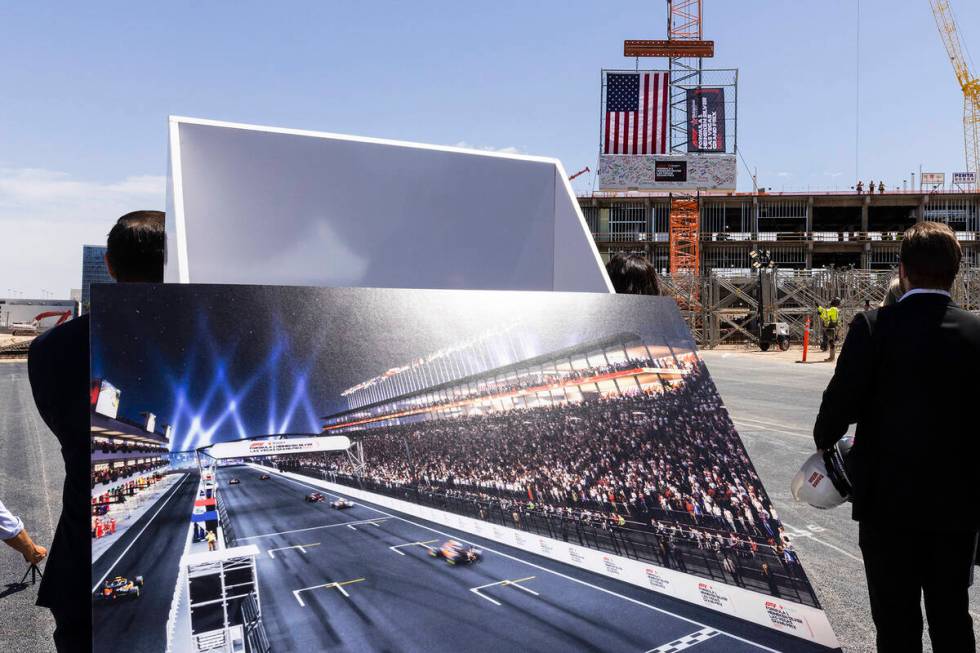NEVADA VIEWS: Is F1 the right event for Las Vegas?

The glitz and glamour of Formula 1 took center stage in Las Vegas in 2023 and again three weeks ago. F1 promised a spectacle of high-speed drama, global attention and economic windfalls. Yet for many local businesses, workers and residents — who work here and call Las Vegas home — the race turned into a nightmare of lost income, disrupted routines and unexpected expenses.
While F1 may have revved up profits for some, it left others stalled in the pits. The event raises important questions about balancing large-scale events with the well-being of those who call Las Vegas home.
Las Vegas is synonymous with entertainment, luxury and world-class experiences. Hosting a Formula One Grand Prix on the iconic Strip seemed like a natural extension of the city’s global brand. The promise of economic benefits was heavily marketed. A reported $1.5 billion impact was touted, with hotels and casinos anticipating record profits.
The reality for many, however, was far less rosy.
Restaurants saw cancellations as traffic closures and gridlock kept diners away. Ride-share drivers — unable to navigate the labyrinth of detours — opted not to take rides. Workers whose livelihoods depend on ease of movement — delivery drivers, service staff and contractors — found themselves adding hours to their commute, unable to reach jobs easily, resulting in lost wages. Small businesses, the backbone of the local economy, watched as regular customers disappeared amid the chaos.
The most glaring issue has been the unprecedented disruption caused by race preparation. In 2023, it was nine months of road closures, traffic snarls and reduced foot traffic in key areas. This year it was 45 days plus.
F1 setup and teardown takes too long and is too disruptive to the resort corridor, the economic engine of Southern Nevada.
Supporters of the F1 race might argue that hosting the event is a privilege, and disruptions are simply the cost of doing business. But the scale of disruption in this case — lasting weeks for setup and teardown — far exceeded reasonable expectations. A city that prides itself on hospitality should not allow its residents and workers to bear the brunt of corporate greed and poor planning.
For a city that prides itself on reinvention and resilience, this misstep should serve as a wake-up call. Las Vegas needs to rethink how it hosts large-scale events. Future deals must include safeguards to protect local businesses and ensure that those who lost revenue have a fund to access for reimbursement. Transparency, business consultation, public input and mitigation of disruption must be non-negotiable.
Las Vegas can and should host global events. But not at the expense of its own people. If F1 truly values the communities it visits, it must take responsibility for the damage it leaves in its wake. Anything less would be a betrayal of the very spirit of the sport — a celebration of precision, performance and, most importantly, fairness.
Chris Giunchigliani is a former Democratic state lawmaker and Clark County commissioner.